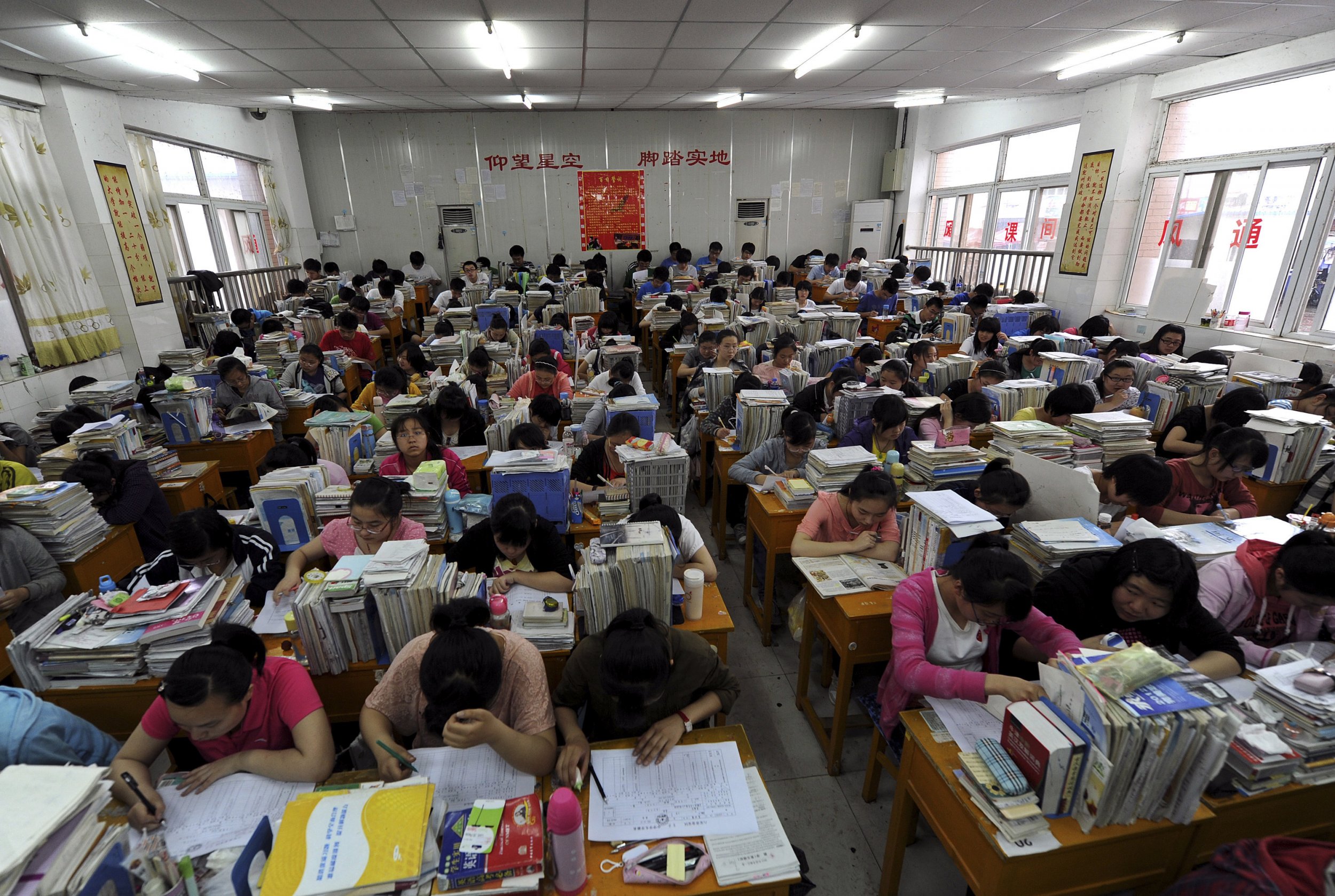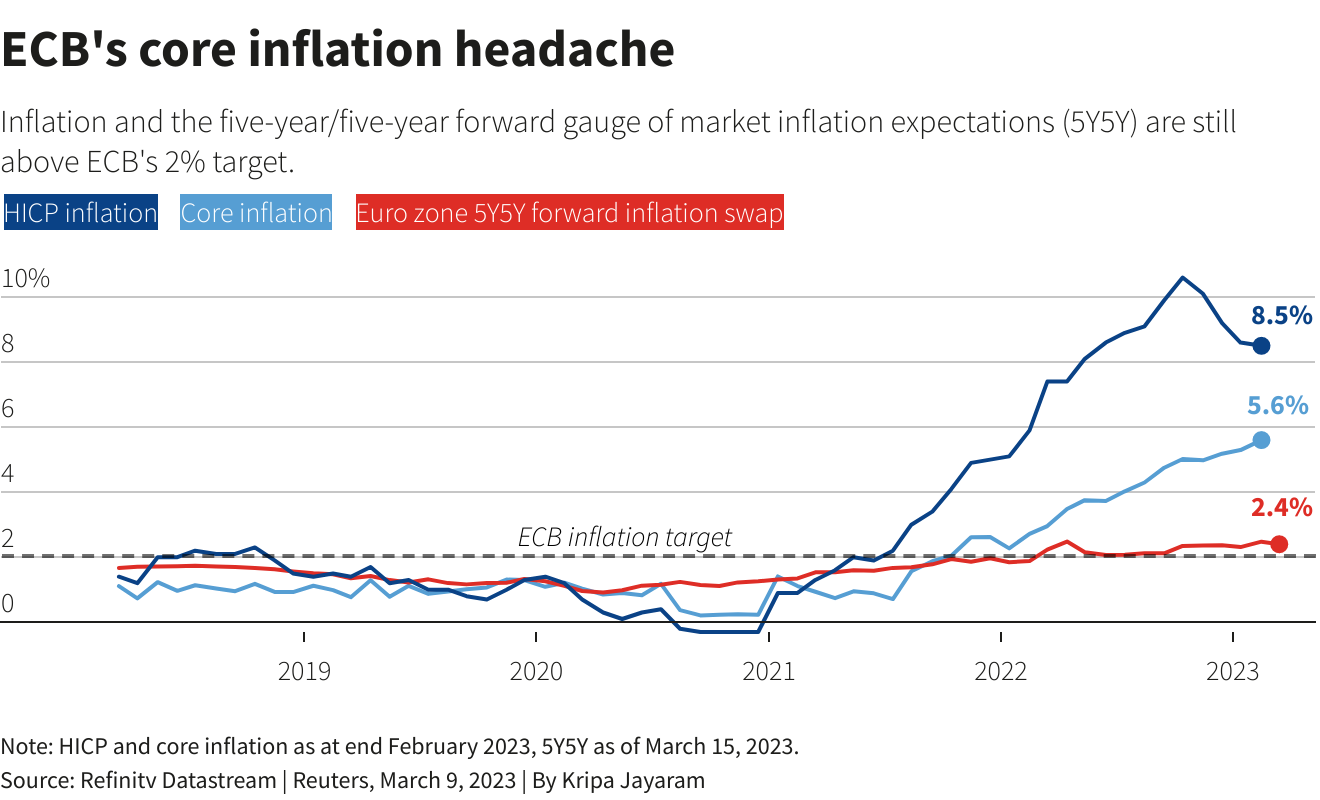A Financial Vulnerability: US Colleges And The Reduction Of Chinese Students

Table of Contents
The Economic Impact of Fewer Chinese Students
Chinese students have long been a significant source of revenue for US colleges and universities. Their contributions extend beyond tuition fees, encompassing living expenses, spending on campus and in surrounding communities, and overall economic activity generated by their presence. The reduction of Chinese students, therefore, has a multifaceted and substantial economic impact.
-
Quantifying the Impact: Chinese students previously constituted a significant percentage (estimates vary, but some sources suggest upwards of 25-30% in certain institutions) of total international student revenue for many universities. This represents a substantial loss of income when their numbers decline.
-
Universities Heavily Reliant on Chinese Students: Several prestigious universities, particularly those with strong STEM programs, have historically relied heavily on Chinese student enrollment. A sharp decline in these numbers directly impacts their bottom line.
-
Ripple Effect on Local Economies: The spending of Chinese students extends beyond the university campus. They contribute to the local economies through housing, dining, entertainment, and other purchases, creating jobs and stimulating local businesses. A reduction in their numbers directly impacts these local economies.
Tuition Revenue Shortfalls
The most immediate and direct impact of the reduction of Chinese students is the shortfall in tuition revenue. This revenue loss forces universities to make difficult budgetary decisions.
-
Budget Cuts and Program Reductions: Many institutions have responded to the financial pressure by implementing budget cuts, impacting various programs and services, including research funding, staff positions, and extracurricular activities.
-
Impact on Financial Aid for Domestic Students: The decrease in international student revenue can also impact the availability of financial aid for domestic students, as universities grapple with reduced resources.
Underlying Causes of the Decline in Chinese Students
The decline in Chinese student enrollment is a complex issue with several contributing factors.
Geopolitical Factors
Strained US-China relations and increasing political tensions have significantly impacted student mobility.
-
Visa Issues and Restrictions: Changes in visa policies and increased scrutiny of visa applications have made it more difficult for Chinese students to obtain the necessary documentation to study in the US.
-
Government Policies: Government policies in both the US and China influence student flows, affecting the ease and attractiveness of studying abroad.
Increased Domestic Opportunities
The rapid development of higher education within China has presented increasingly attractive alternatives for prospective students.
-
Improved Quality and Ranking of Chinese Universities: Chinese universities have significantly improved in quality and ranking in recent years, offering competitive programs and research opportunities domestically.
-
Studying Closer to Home and Family: The convenience and emotional appeal of studying closer to home and family are significant factors influencing students' decisions.
The Cost of Studying in the US
The high cost of studying in the US, including tuition, living expenses, and other fees, presents a significant barrier for many international students, including those from China.
-
Cost Comparison with Other Countries: The cost of studying in the US is significantly higher compared to many other countries, making it less accessible to some.
-
Impact of Exchange Rates: Fluctuations in exchange rates further exacerbate the financial burden for Chinese students.
Strategies for US Colleges to Mitigate the Financial Vulnerability
US colleges need to adopt proactive strategies to mitigate the financial vulnerability posed by the reduction of Chinese students.
Diversification of International Student Recruitment
Reducing reliance on a single source of international students is crucial for long-term financial stability.
-
Targeting New Regions: Universities should focus on attracting students from other countries with growing higher education sectors, such as India, Southeast Asia, and parts of Africa.
-
Targeted Recruitment Efforts: Implementing targeted recruitment strategies that cater to the specific needs and preferences of students from diverse backgrounds is essential.
Financial Aid and Scholarship Programs
Offering competitive financial aid and scholarship packages can significantly enhance the attractiveness of US universities.
-
Need-Based and Merit-Based Scholarships: Providing both need-based and merit-based scholarships can broaden access and attract a more diverse student body.
-
Impact on Student Diversity: Generous scholarship programs can contribute to greater diversity on campuses, enriching the educational experience for all students.
Strengthening Partnerships and Alliances
Building strong relationships with educational institutions abroad can expand access and create new opportunities.
-
Joint Programs and Student Exchange Initiatives: Collaborating on joint programs and student exchange initiatives can create mutually beneficial partnerships.
-
Online Learning Opportunities: Expanding online learning opportunities can broaden reach and access to students worldwide.
Conclusion
The reduction of Chinese students presents a significant financial vulnerability for US colleges and universities. This decline is a complex issue stemming from geopolitical factors, increased domestic opportunities in China, and the high cost of studying in the US. To secure their long-term financial stability, colleges need to address the reduction of Chinese students proactively. Diversifying international student recruitment, increasing financial aid, and fostering stronger global partnerships are vital for overcoming this challenge. Developing a robust plan to attract a diverse international student body is paramount to overcoming this financial vulnerability and ensuring the continued success of American higher education.

Featured Posts
-
 The Health Benefits Of Rosemary And Thyme
May 31, 2025
The Health Benefits Of Rosemary And Thyme
May 31, 2025 -
 Assessing The Rise In Rainfall Amounts In Western Massachusetts Due To Climate Change
May 31, 2025
Assessing The Rise In Rainfall Amounts In Western Massachusetts Due To Climate Change
May 31, 2025 -
 Plagiaatbeschuldigingen Tegen Miley Cyrus Update Over De Rechtszaak
May 31, 2025
Plagiaatbeschuldigingen Tegen Miley Cyrus Update Over De Rechtszaak
May 31, 2025 -
 The Limits Of Ai Learning Responsible Ai Practices For A Safer Future
May 31, 2025
The Limits Of Ai Learning Responsible Ai Practices For A Safer Future
May 31, 2025 -
 Ecb Rate Cuts Economists Warn Against Delays
May 31, 2025
Ecb Rate Cuts Economists Warn Against Delays
May 31, 2025
